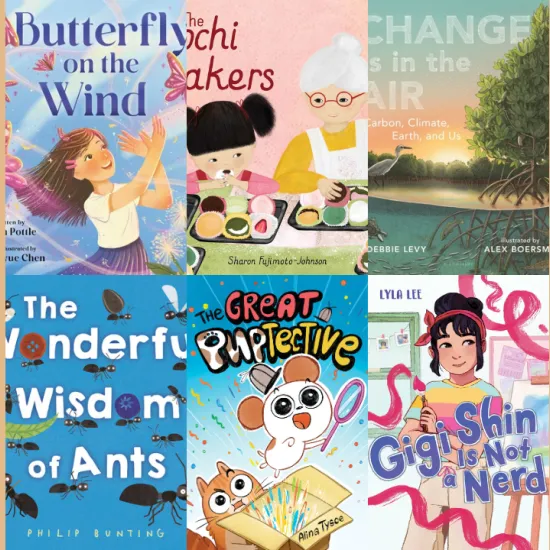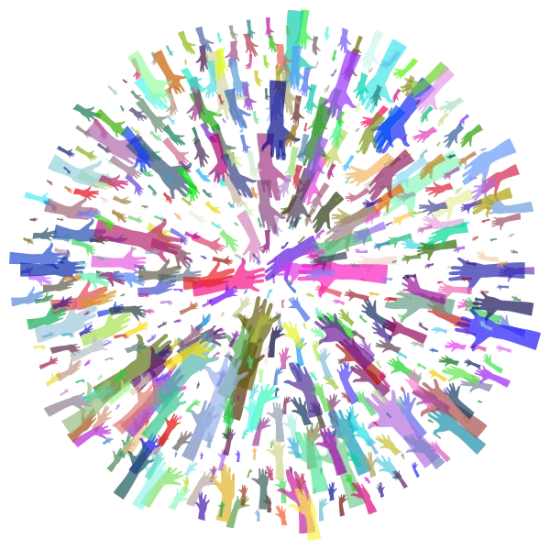- Friday, February 18, 2022
The recent Spotify controversy over Joe Rogan's statements regarding the COVID pandemic and treatment of the disease begs the question about how much trust we can put into content creators and social media influencers.
Last month, Joe Rogan, host of the Joe Rogan Experience podcast with millions of weekly listeners, has come under intense fire for his statements regarding the COVID pandemic and the treatment of the disease. Famous musicians such as Neil Young and Joni Mitchell have pulled their music from Spotify, the host platform of the show, citing the show’s support of “spreading lies that are costing people their lives.” With this controversy in full swing, how much trust can we place in the statements of popular content creators, and how do some of their claims stack up against the truth?
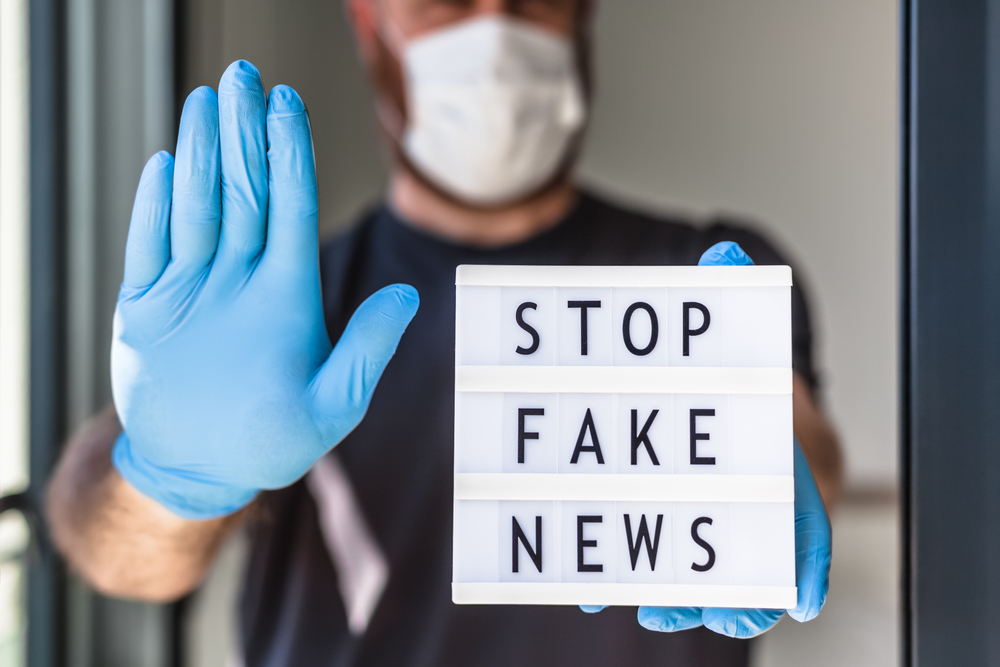
Ivermectin – is it an effective treatment for COVID?
In early September of last year, Rogan informed his listeners that he had contracted COVID, but that he had quickly recovered due to a mix of alternative treatments, featuring ivermectin. Charlie Kirk, a commentator with over a million followers on Twitter, called himself and Rogan the "Ivermectin Boys", and has supported both Rogan and ivermectin on his own show.
Ivermectin is an anti-parasitic drug discovered in the 1970s to treat animals, but has been approved for human use in treating scabies and river blindness by killing the parasites. But people looking for an alternative solution to the vaccine have turned to this as an outpatient solution. As of now, studies have not shown any significant effects of ivermectin in preventing death or severity in COVID cases. While ivermectin treatments have been mostly determined to be harmless, it has been known to have severe side effects, including the deaths of two people in New Mexico last year. Even if it is harmless, using an ineffective treatment for COVID in place of an effective vaccine can lead to needless complications and even death.
Do children and teens really need the COVID vaccine?
Some content creators have argued against the idea of non-adults receiving the vaccine. Dr. Vernon Coleman, a British doctor with over 200,000 followers on YouTube, has argued that the vaccine is a "dangerous poison straight out of the witches’ cauldron in Macbeth", and that children can face illness or death from unnecessary injections. Other social media posts this past summer 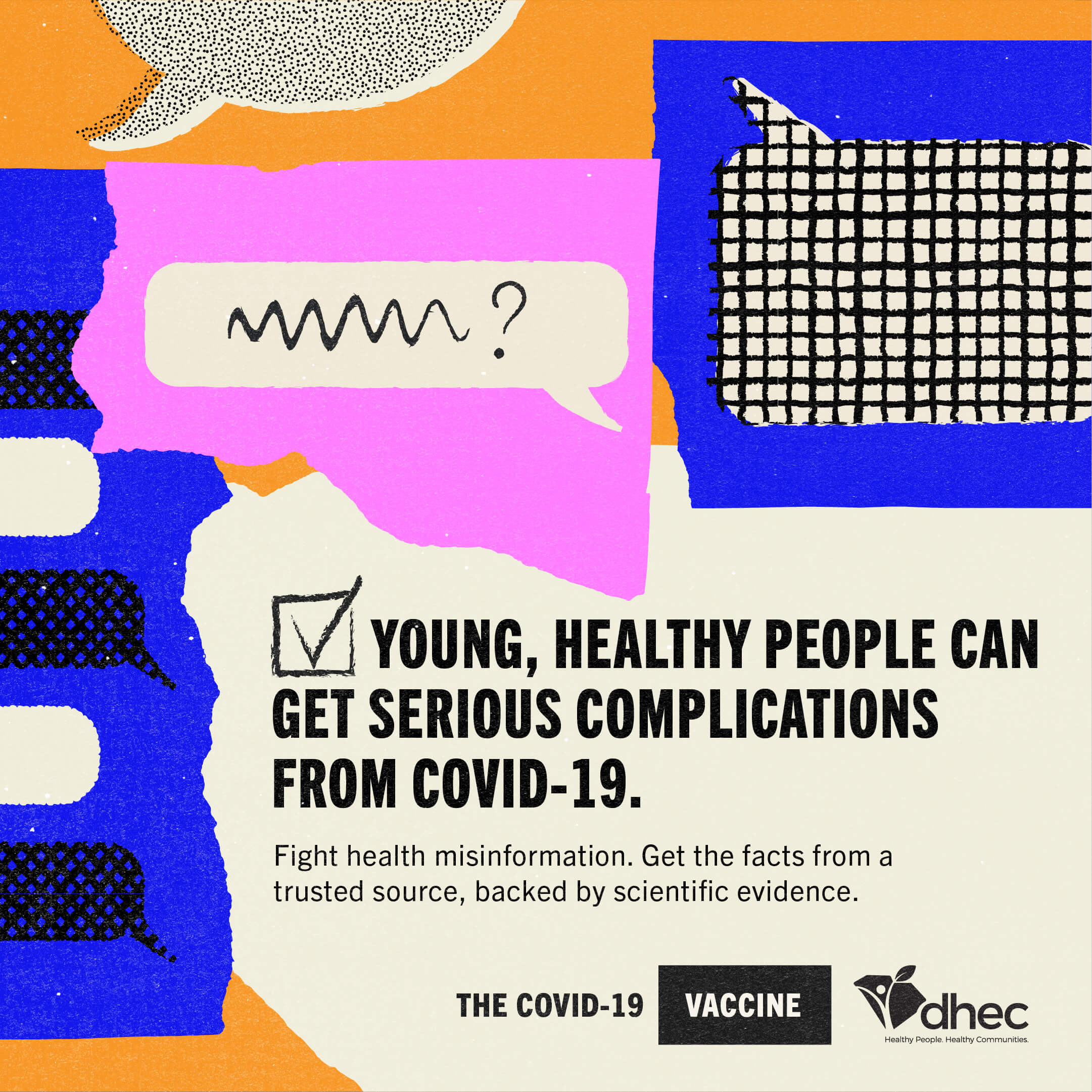 tried to argue that the World Health Organization (WHO) had advised to stop giving the Pfizer vaccine to teens and younger children, when in fact the WHO was being cautious in the gradual rollout of the vaccine to younger groups.
tried to argue that the World Health Organization (WHO) had advised to stop giving the Pfizer vaccine to teens and younger children, when in fact the WHO was being cautious in the gradual rollout of the vaccine to younger groups.
While it is true that children tend to be more disease-resistant and make up a small fraction of the serious cases of COVID in this country, the number of recent infections due to the Omicron variant of the disease has skyrocketed. Recent numbers have shown that 11.4 million children have tested positive for COVID-19 since the onset of the pandemic, with a peak week of 1.15 million cases for the week of January 20th. Most children will make a full recovery from the virus, but others may develop MIS-C (multisystem inflammatory syndrome in children) that can lead to organ damage to the heart and other organs. As of this month, it is estimated that over 6,000 children have contracted MIS-C due to COVID, with 55 documented deaths so far. If anything, the need for children to be vaccinated seems to be greater than ever, thanks to the most contagious Omicron variant.
Are the COVID vaccines really "gene therapy"?
Dr. Steven Hotze, a talk show host and YouTuber from Texas, has consistently argued that the COVID vaccine is a form of dangerous experimental gene therapy that can damage and alter your genetic structure. A similar claim was made by Dr. David Martin on the WISE Traditions podcase in January 2021, claiming that the vaccine is "sending a strand of synthetic RNA into the 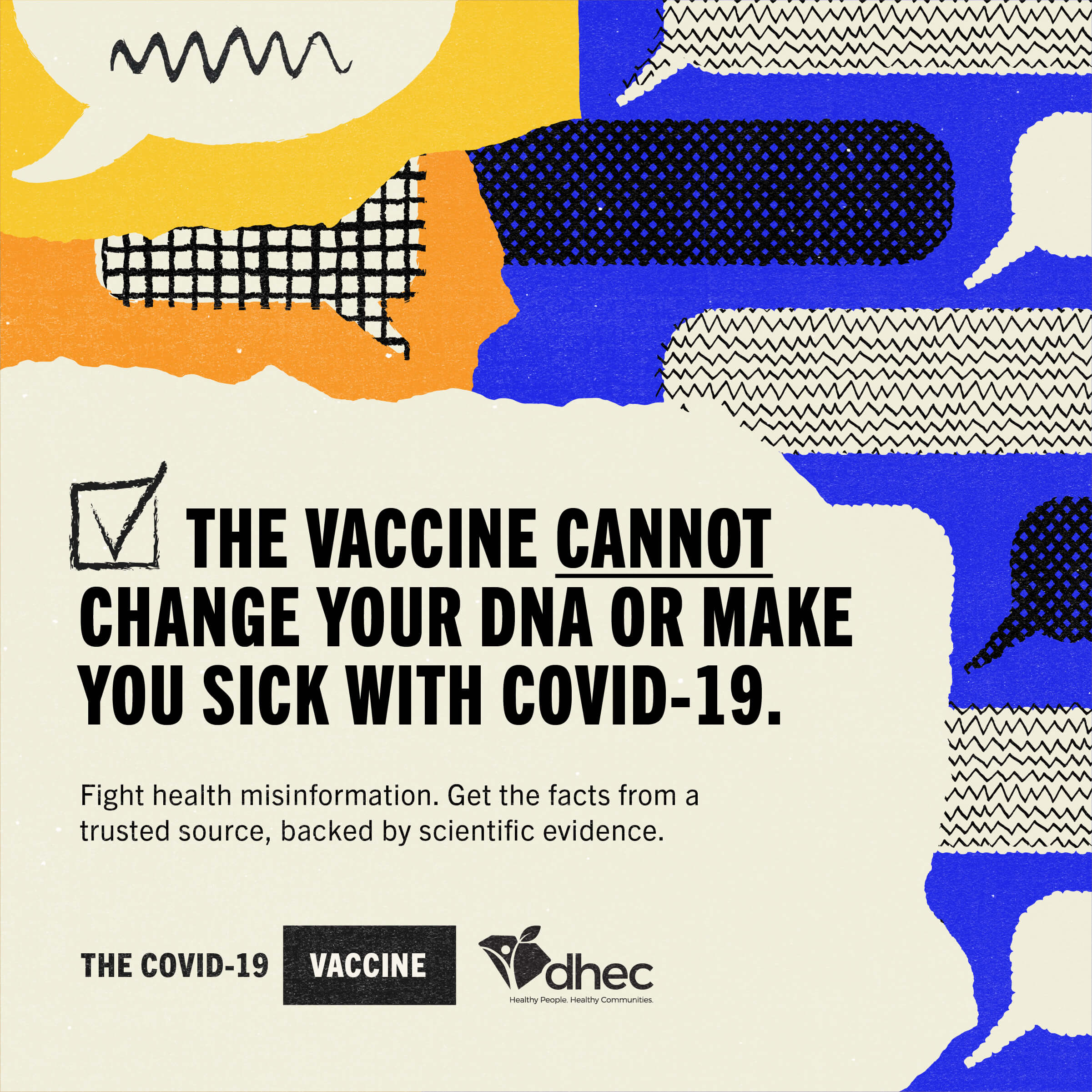 human being and is invoking within the human being, the creation of the S1 spike protein, which is a pathogen. It’s a toxin inside of human beings." Alex Berenson, a spy novelist and former reporter who often lends his voice to the podcast circuit, has also called out the vaccine companies for hiding how their vaccines can alter your DNA.
human being and is invoking within the human being, the creation of the S1 spike protein, which is a pathogen. It’s a toxin inside of human beings." Alex Berenson, a spy novelist and former reporter who often lends his voice to the podcast circuit, has also called out the vaccine companies for hiding how their vaccines can alter your DNA.
While gene therapy can be used to treat certain conditions such as certain lymphomas and muscular atrophy, the COVID vaccines do not infect your DNA (your genetic code inside of your cells’ nucleus). They are mRNA (messenger RNA) vaccines instead, which go to the ribosomes in your cells to manufacture spike proteins. These proteins help to trigger antibodies to target and kill infected cells. But at no time do the vaccine particles enter the nucleus of your cells, so it is not gene therapy or a DNA altering vaccine.
Even though misinformation is rampant on social media, don't write off content creators and influencers completely! Especially in Europe, many governments are using influencers to combat misinformation, especially among younger audiences. Other influencers, like jessicamalatyrivera, are combating COVID misinformation on their own by busting myths her followers send her, and others, like unbiasedscipod, are simply spreading facts without political bias. If you are a dedicated podcast listener, there are other podcasts on Spotify like In the Bubble with Andy Slavitt that interview COVID response leaders and verified medical professionals.
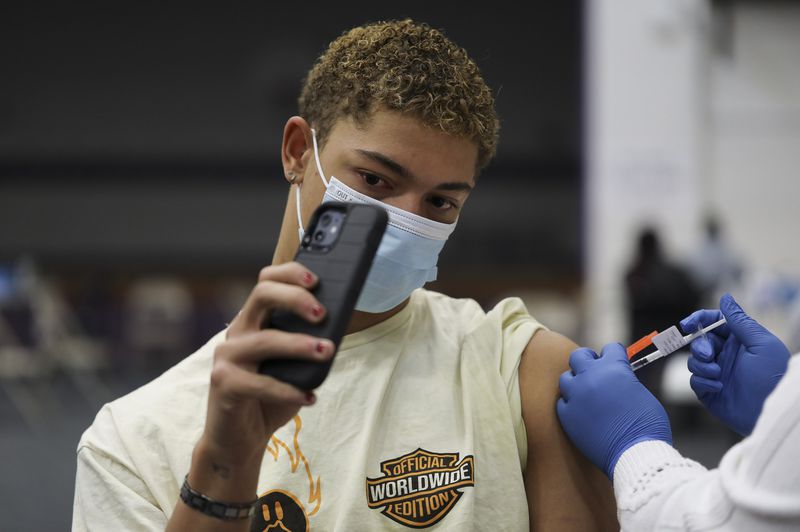
So, while some influencers, celebrities, and content creators are spreading misinformation on social media, there are many others who do serve a useful purpose during the pandemic by disseminating information quickly to audiences who might not receive it via traditional means. The key is discerning between the two with digital literacy. In the end, if you are ever uncertain if someone is spreading misinformation, you can always look to respected national, state, and local resources for help–even your friendly public library system.
With the Coronavirus (COVID-19) currently impacting the US, we've compiled a list of resources and information to help you and your family stay informed. For additional COVID-19 resources and information, click here.
For general COVID information via phone, call:
- DHEC Care Line (General COVID Information) 855-472-3432
- CDC Info (General COVID Information) 800-232-4636
- Richland County Health Department 855-472-3432

